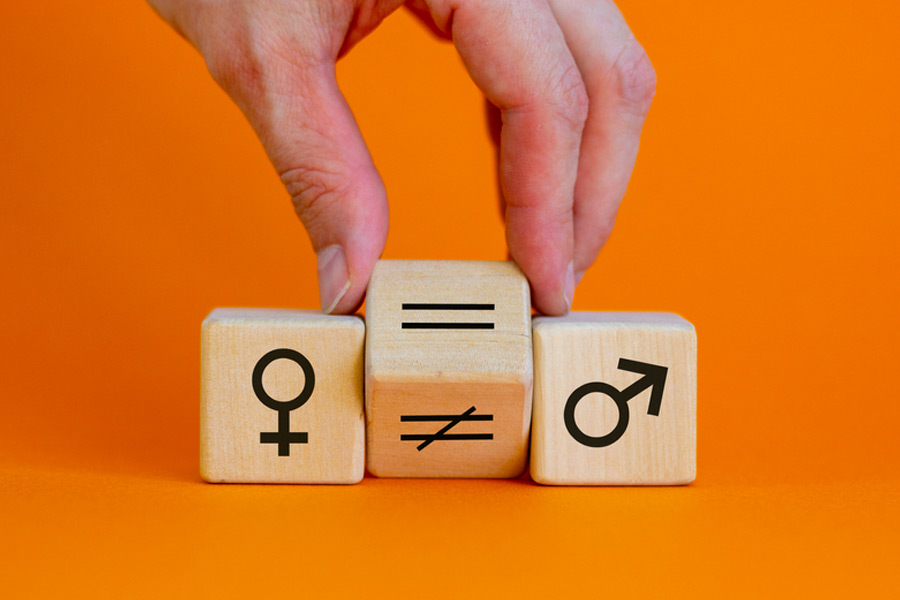Sri Lanka's Supreme Court has ruled that the enactment of the 'Gender Equality' Bill is inconsistent with Article 12 of the Constitution, prompting President Ranil Wickremesinghe on Tuesday to propose to appoint a select committee to look into the judgment, saying the apex court has engaged in "judicial cannibalism".
The gender equality bill seeks to legalise equal opportunities to all irrespective of sex or gender identity in Sri Lanka, a Buddhist-majority country of 22 million people.
"The top court has ignored a certain section which the Gender Equality Bill has addressed. It has eaten up all the judgments including one which had been given by a bench of ten judges with regard to women's rights. It has engaged in judicial cannibalism. The Court has also ignored an amendment to the penal code by the Chief Justice,” the President was quoted as saying by the Daily Mirror.
"The determination also challenges the Priven Education Bill. I don’t propose to summon judges before Parliament, but I propose that we appoint a majority of members from the Parliamentary Women's Caucus to the select committee,” Wickremesinghe told Parliament, raising a privilege issue.
He said the House could not agree with the apex court's ruling.
The petitioners against the bill had argued that a clause of the Bill if passed would permit same-sex marriages hurting the cultural sensitivities of different communities.
The three-member bench of the Supreme Court had agreed that allowing same-sex marriages was both constitutionally and culturally wrong.
The court has ruled that a two-thirds parliamentary majority and a referendum would be needed to adopt it without the amendments to its contentious clauses.
Except for the headline, this story has not been edited by The Telegraph Online staff and has been published from a syndicated feed.











